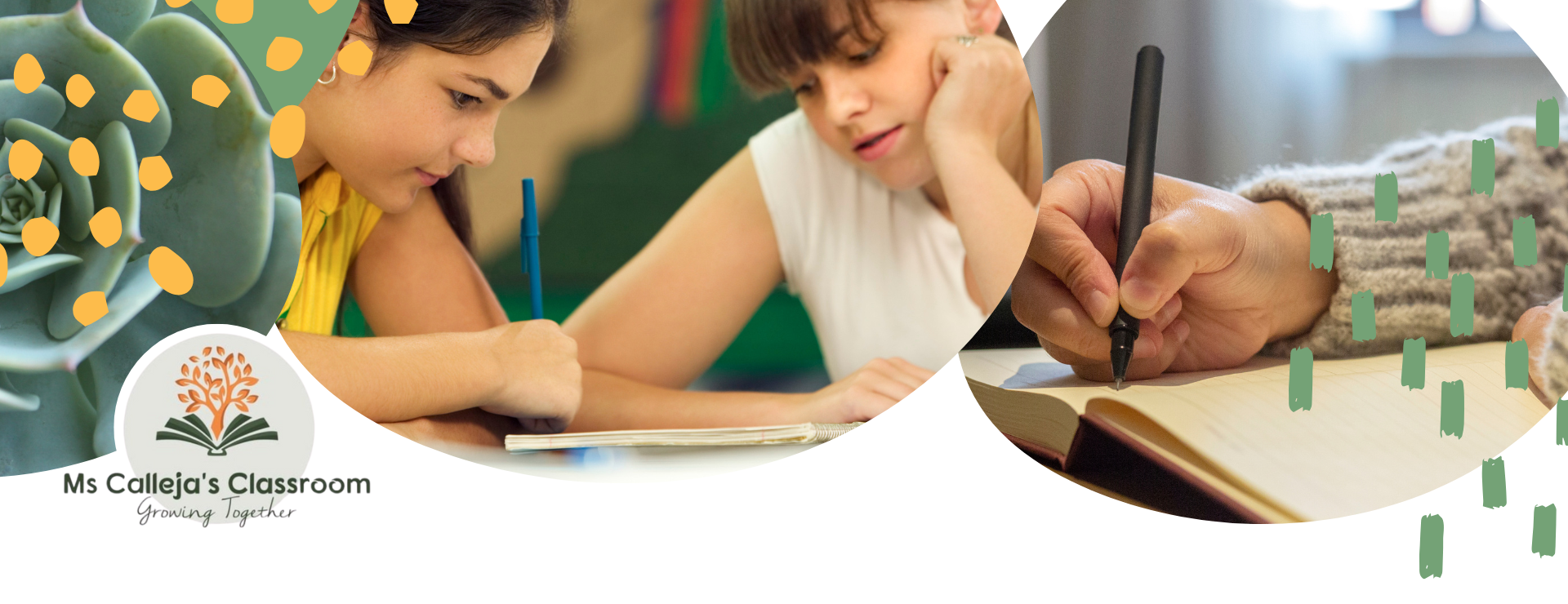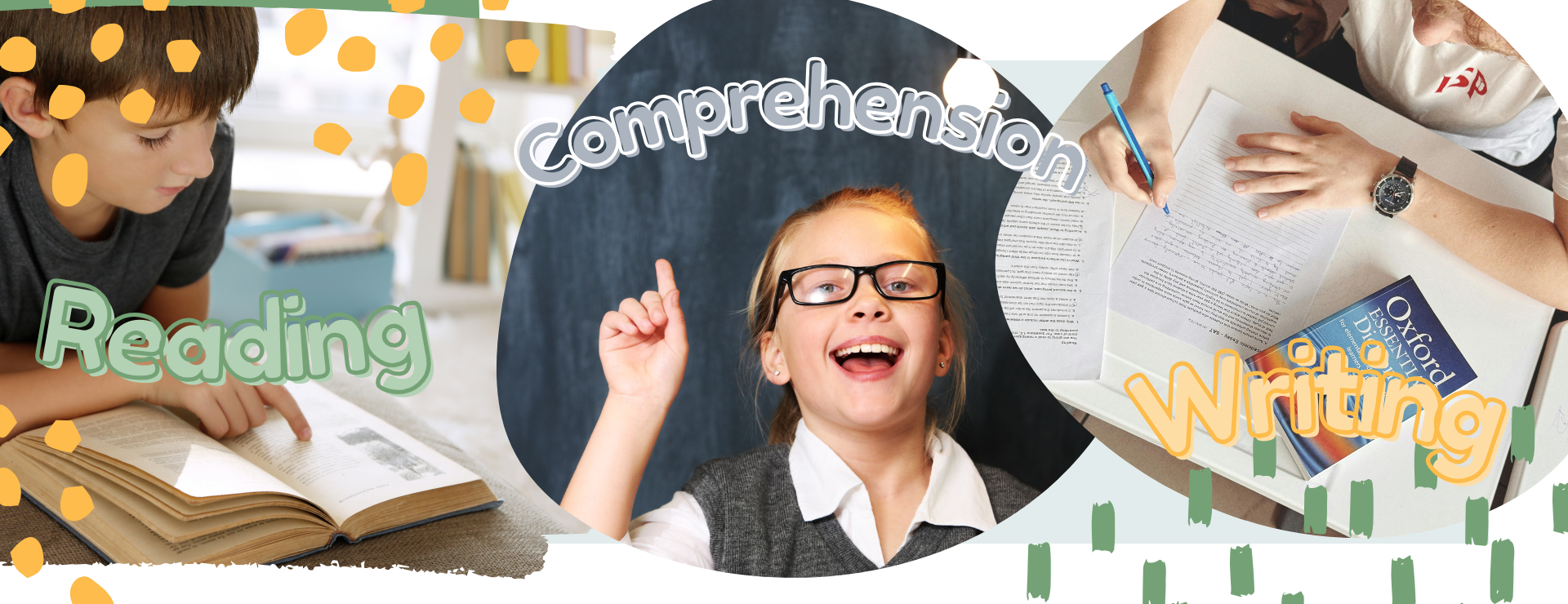“Under the Hood” - Hidden Skills in Our Group Tuition Sessions
In today’s blog, I want to give you a look “under the hood” of Ms Calleja’s Classroom and see how I work and what my priorities are – in each lesson, over each term and for the long haul. There is a lot going on under the surface in each lesson. I have my lesson planned, but I am always prepared to adapt and change and meet students where they are. Below I will outline literacy skills being taught in order of priority.
1. Reading
Alphabet knowledge – name of letter, most common sound, order
Putting sounds (phonemes) next to each other to make a word
Recognition of common words – makes reading easier and faster
Recognising common digraphs (two letters making one sound)
Recognising variations of digraphs and trigraphs (long i – ie, y, igh, i etc)
Seeing patterns – rhyming, starts with and ends with, chunking parts of words together so you don’t have to sound out each letter.
Blending and segmenting words – (bl-e-nd, r-ai-n)
Morphology – breaking words into prefixes, base/root and suffixes. This helps with meaning, reading and manipulating words.
Reading fluency, accuracy and speed. Being able to read phrases and then sentences smoothly.
2. Comprehension
Understanding what we have just read – what does that sentence/paragraph/article/novel say? What does it mean? How accurate is my understanding?
3. Writing
Handwriting – do I form my letters correctly? There is a proper way.
Am I taking care with my writing? Will I be able to read it back later?
Can I write down what I am thinking? Is my spelling able to be decoded correctly by someone else?
Can I make notes? Can I organise my writing, so it is clear?
Does my sentence make grammatical sense?
Do I use punctuation correctly?
Can I write in different ways for different purposes and audiences?
4. Listening
Do I have the focus to listen to instructions? Have I understood what to do?
Do I have the focus to listen deeply to a story and imagine and feel?
Am I patient when listening to others or am I thinking about what I want to say next?
Am I curious? Can I think of questions to ask, based on what I am learning?
5. Speaking
Can I explain what I am thinking?
Can I ask relevant questions?
Can I participate in a flowing conversation, back and forth, to discuss ideas or do I get stuck on a loop of my own?
For Wednesday students doing some Maths skills, here are the main areas of focus:
1. Number and Algebra
Understanding number
Equal and unequal
Patterns and relationships
Calculating with number
Financial mathematics
Modelling with number
2. Probability and Statistics
We haven’t spent much time in the last strand yet, Measurement and Geometry, as Number Sense is proving to be the most challenging area for students and an area that must be mastered first and foremost.
And in amongst all of this is Social Emotional Learning – this is at the core of what we do at Ms Calleja’s Classroom. Without this base, learning is not enjoyable, meaningful or memorable. No one can learn when they don’t feel a sense of belonging, safety, care, fun, curiosity and joy. The saying in teacher circles is that you need to Maslow before you can Bloom. See the diagrams below to understand what this means. Did you know that Play-Based Learning is so effective that it normally takes 400 repetitions of a skill to learn it fully, but if it is done with play it can take only 12 repetitions to build that new synapse in the brain?
At Ms Calleja’s Classroom we care about your kids and strive to create a learning environment where everyone can shine to their full potential.
Click here to book into a tuition session with Ms Calleja’s Classroom, or to enquire about our small group or individual tuition sessions.







